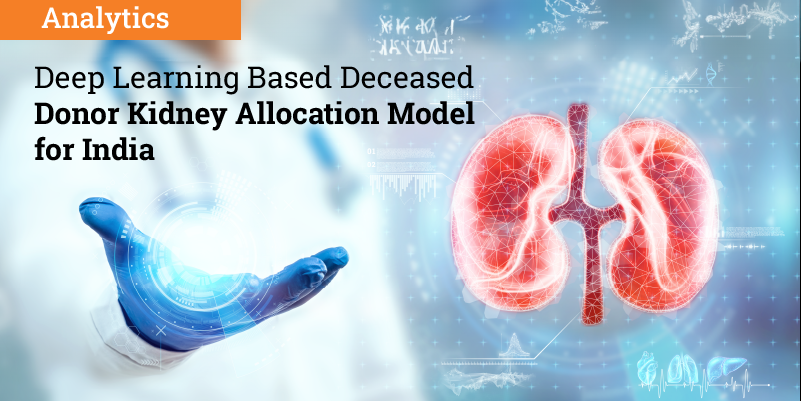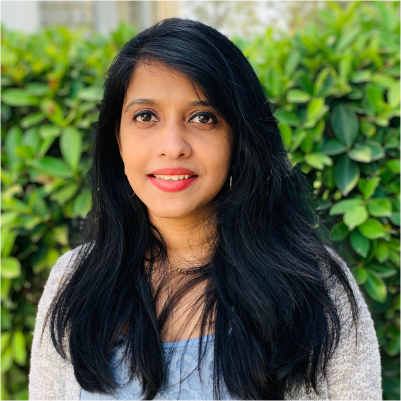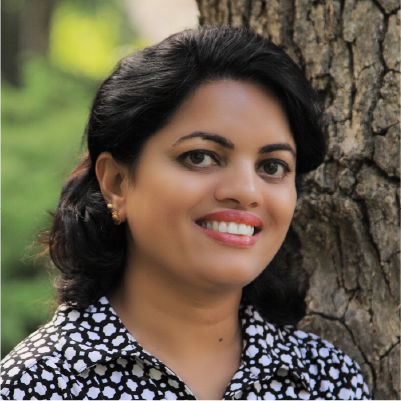Deep Learning Based Deceased-Donor Kidney Allocation Model for India

Abstract
There is a huge shortage of organs for transplant especially in India. If we consider subjects on the waiting list for kidney transplantation, they remain a huge risk of mortality from chronic kidney disease while on dialysis. The longer the wait, the greater is the risk of death. Kidneys from deceased donors are allocated to kidney failure patients on the waiting list on the basis of a number of criteria, like blood group, tissue matching, age, time on dialysis, urgency, and survival benefit. The criteria used for allocation may be different for different countries.
The organ allocation system needs to be precise and highly efficient- and the best model can be an artificial intelligence model. Computer-based organ allocation models exist in Europe and United States of America. These models are based on scientific principles and government policies and exemplify an effort to make organs available to the neediest, and with best tissue matching. The distance the organ needs to be transported is also taken into account when allocating an organ, as lesser the delay in transplanting such organ, lesser is the cold ischemia time and chances of delayed graft function.
The paper aims to develop a deep-learning based artificial intelligence (AI) model built on deep neural network hierarchical architecture. Besides helping in the allocation of kidneys, the deep learning based AI will give HLA matching details and HLA matching score that will help clinicians decide immunosuppression protocol and will give an insight regarding the success of transplantation. Better HLA match improves the chances of a successful kidney transplantation.
The deep learning model will use the database on blood group, PRA (panel reactive antibodies), age, anti-HLA antibodies, and other important variables. The database used to train and test the model is based on statistical data collected from OPTN (Organ Procurement and Transplantation Network), USA and Wikipedia. We have made the model based on the guidelines for organ transplantation from NOTTO (National Organ and Tissue Transplant Organization, India), as the model aims to help allocation of a kidney from deceased donors in India.
Presented and Published at: Proceedings at 5th International Conference on Business Analytics and Intelligence on December 2017 at IIM Bangalore




